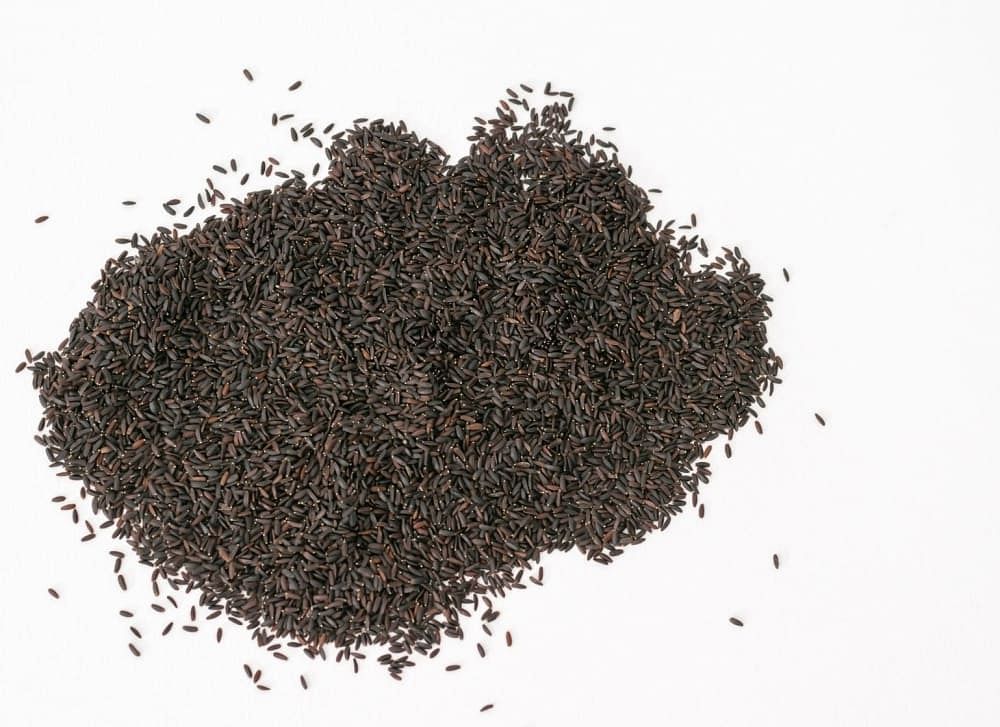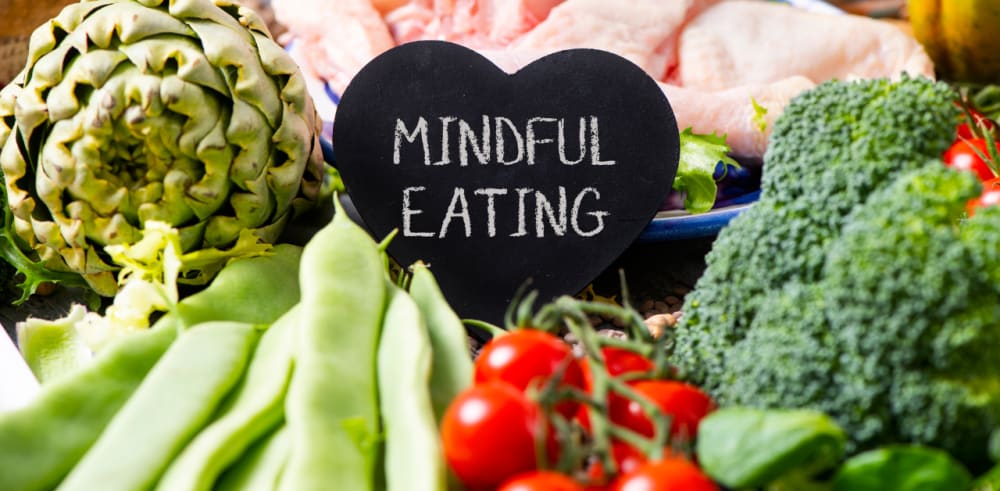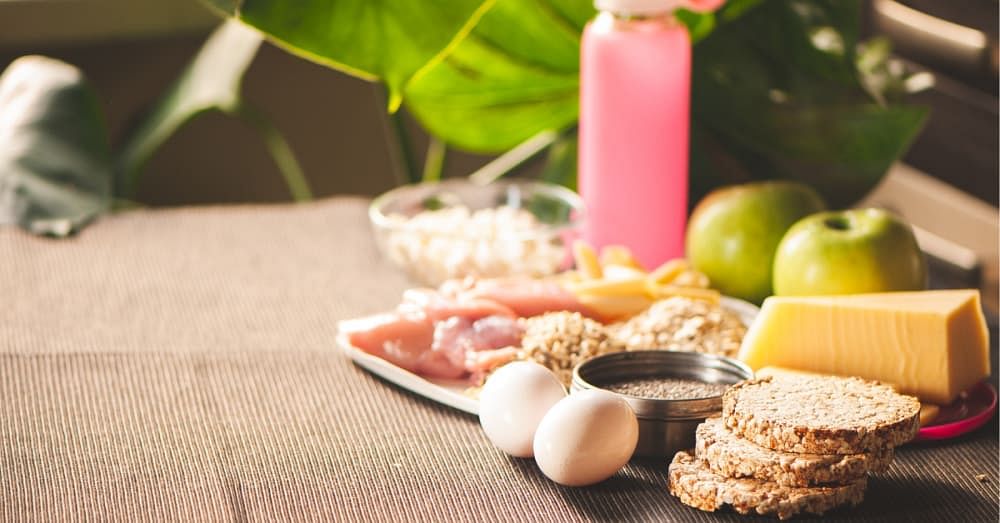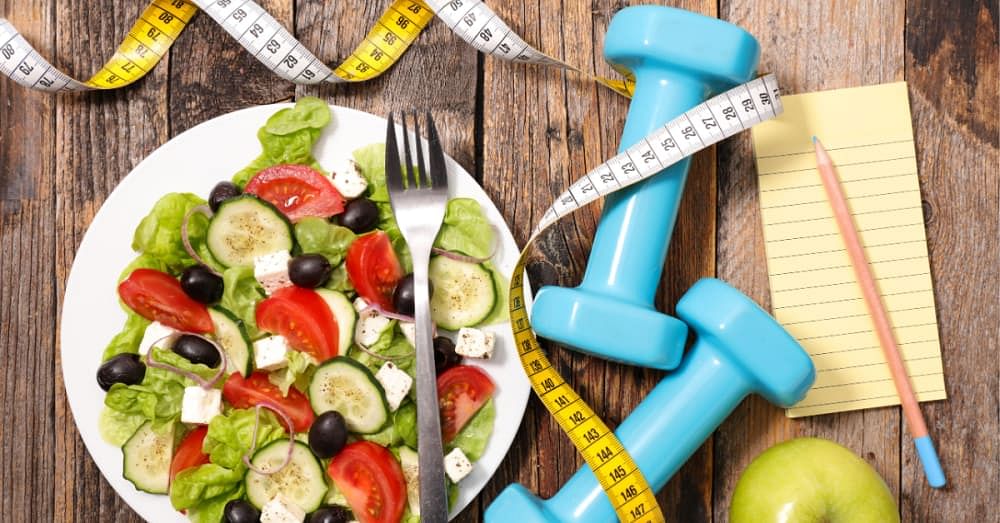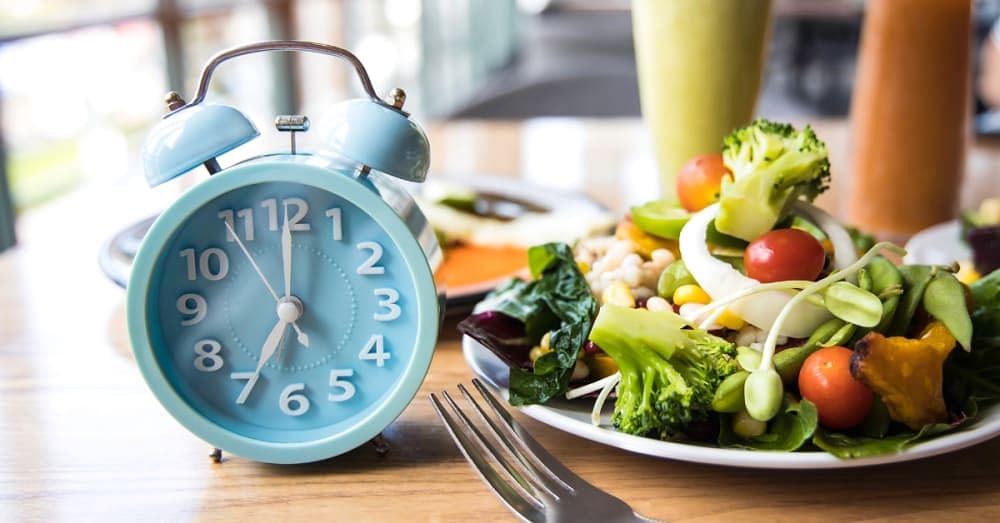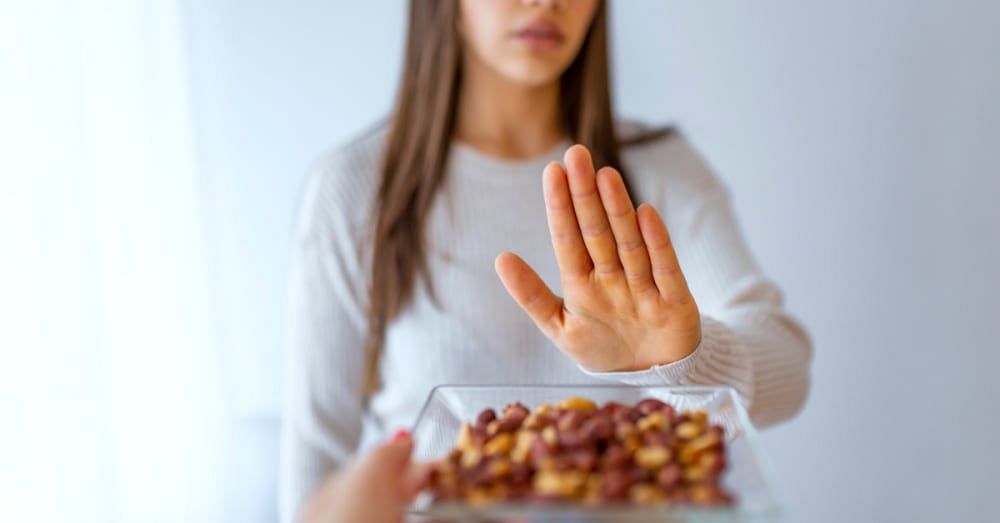Sabja seeds, also known as sweet basil, were probably unconsciously overlooked on the supermarket aisle, but not anymore. This nutrient-dense seeds can do a lot for your health. Curious what these black seeds are? The basil plant is native to India. Although it is also called sweet basil, the plant differs from Holy Basil, also called Tulsi, which is common in Indian households and considered an immunity booster.

These seeds are loaded with health benefiting properties and this article discusses 15 such benefits in detail. Read on to find out more!
What Are Sabja Seeds (Basil Seeds)?
Sabja Seeds or basil seeds are the black, tear-shaped seeds of the basil plant. These seeds are often used as a seasoning on salads. Sabja seeds are also called falooda seeds or tukmaria seeds.
Sabja Seeds (Basil Seeds) Nutrients
In a 100g serving of sabja seeds, the nutrients are
- 4.34 grams of carbohydrates
- 3.9 grams of dietary fibre
- 0.3 grams of sugar
- 2.54 grams of protein
- 0.61grams of total fat
- 0.041grams of saturated fat
- 0.389 grams of polyunsaturated fat
- 0.088 grams of monounsaturated fat
Additionally, Sabja seeds are high in fibre and high in Omega-3 fatty acids. They also contain a significant amount of minerals like potassium, manganese, copper, calcium and magnesium, and vitamins C and folates. So, they can be rightly called wonder seeds.
Sabja Seeds Benefits
Sabja seeds are rich in dietary fiber and contain essential nutrients like vitamin K, protein, iron, phytochemicals, and antioxidants. The following are the most significant basil seeds benefits:
1) Helps regulate blood pressure:
Potassium present in sabja seeds helps dilate blood vessels and aids in managing blood pressure.
2) Promotes dental health:
Since basil seeds have antimicrobial properties, they prevent ulcers, cavities, plaque, and bad breath.
3) Aids in regulating blood sugar level:
The soluble dietary fiber in basil seeds is beneficial for managing blood sugar levels, especially for people with type-2 diabetes.
4) Boosts immunity:
Since basil seeds are a rich source of protein, omega-3 fatty acids, and other nutrients, they help increase immunity.

5) Helps prevent cancer:
Basil seeds are rich in plant compounds like polyphenols and flavonoids with anti-cancer properties.
6) Helps tackle muscle pain:
Since basil seeds have anti-inflammatory properties, they help relieve joint pain, gout pain, and even headaches.
7) Relieves stress:
The antioxidants in sabja seeds are beneficial in releasing stress and tension.
8) Aids with constipation and bloating:
As per research, sabja seeds have volatile oils that are beneficial in releasing gas from the gastrointestinal tract. Therefore, sabja seeds provide relief from bloating. The dietary fiber in basil seeds detoxifies the stomach and helps provide relief from constipation.
9) Provides relief from cold and cough:
Basil seeds have antispasmodic properties that are beneficial in treating the common cold, cough, and flu.
10) Improves eyesight:
Sabja seeds are a rich source of vitamin A that aid in improving vision.
11) Helps cool the body:
Sabja seeds are a great dietary supplement in summers as they have a cooling effect. The seeds eliminate stomach heat.

12) Improves bone density:
Basil seeds are a good source of bone-strengthening minerals like iron, calcium, and copper. They increase bone density and prevent osteoporosis.
13) Sabja seeds for weight loss:
Sabja seeds have high amounts of omega 3 fatty acids that provide alpha-linolenic acid (ALA). It boosts the body's metabolism and facilitates weight loss. Moreover, sabja seeds are rich in dietary fiber that keeps the stomach full for a long time, preventing overeating.
14) Sabja seeds benefits for skin:
Research suggests that sabja seeds contain flavonoids like orientin and vicenin that have antioxidant effects. They boost skin health and promote the formation of new skin cells. They also aid in collagen production that enhances skin elasticity and helps slow down aging.

15) Sabja seeds benefits for hair:
Since sabja seeds are rich in iron and protein, they promote hair growth and prevent premature hair fall.

Sabja Seed (Basil Seeds) Recipes
1) Sabja Lemonade
- Wash the seeds and remove any grits or stones.
- Pour 1/3 cup lukewarm water and the washed and drained seeds into a bowl. Let the seeds bloom.
- The seeds will begin to swell after 15-30 minutes.
- Once the seeds have a transparent, jelly-like coating, they are ready for use.
- Mix sugar syrup, salt, black salt, lemon juice and lemon juice in a bowl. Mix well. Sprinkle sabja seeds and any leftover water on top. Mix well.
- Serve in glasses with ice cubes.
2) Sabja Seed Pudding
- Combine the sabja seeds with the milk and whisk them together until they are well combined. Stop whisking when you notice the seeds starting to swell.
- Put it in an airtight container and let it rest in the refrigerator overnight.
- In the morning, you'll find that the mixture is gelatinous. Use a glass or bowl to assemble the pudding.
- As a base, add some mango sauce, followed by some soaked sabja seeds, and finish with the fruits (mangoes and pineapples). Layer again as before.
- You can top the dish with some dry fruits and nuts to give it some crunch. You may also drizzle some maple syrup/honey on the top.

How to Include Sabja Seeds in the Diet?
You can soak sabja seeds in water for a few hours and add them to your food. Here are a few ways to include sabja seeds in your diet:
- Mix sabja seeds with ginger and honey, and drink with lukewarm water if you have a cold.
- You can add soaked sabja seeds to your smoothies, salads, lemonades, and other beverages.
Daily Dosage of Sabja Seeds:
Ideally, you should not consume more than 2 teaspoons of sabja seeds every day.
Sabja Seeds Side Effects
While sabja seeds have plenty of health benefits, they can also be harmful. The following are some of the common sabja seeds side effects.
1) For pregnant women:
While sabja seeds are beneficial for health, their excess consumption can lower the estrogen hormone level in pregnant women. This may stimulate the menstrual cycle and can be dangerous.
2) Low blood pressure:
Eating excess sabja seeds can increase the level of potassium in the body that can make the blood pressure fall extremely low.\
Sabja Seeds Vs. Chia Seeds
Many people find it challenging to differentiate sabja seeds from chia seeds. However, both seeds are different in color, texture, and nutritional value.
- Sabja seeds are black and round or tear-shaped. On the other hand, chia seeds are oval-shaped and grey or white.
- You can consume chia seeds raw as well as after soaking. However, it is safe to have sabja seeds only after soaking them in water.
- As chia seeds are rich in omega-3, they regulate blood sugar levels and manage blood pressure. Sabja seeds are best used to cool down the body and relieve constipation and other digestive issues.
Summing Up on Sabja Seeds Benefits
Basil seeds are high in fibre, a good source of minerals, and packed with plant-based omega-3 fats and beneficial compound compounds.
Basil seed beverages have long been popular in India. If you want to maintain optimal health, incorporate sabja seeds into your daily routine. You won't be disappointed!
Faqs
1) Can We Take Sabja Seeds Daily?
Yes, you can take sabja seeds daily; however, you should not consume more than two teaspoons of sabja seeds per day.
2) Can We Drink Sabja Seeds on an Empty Stomach?
Yes, you can consume Sabja seeds on an empty stomach as it’s recommended as an ingredient that has antioxidants and can be added to your morning detox water.

